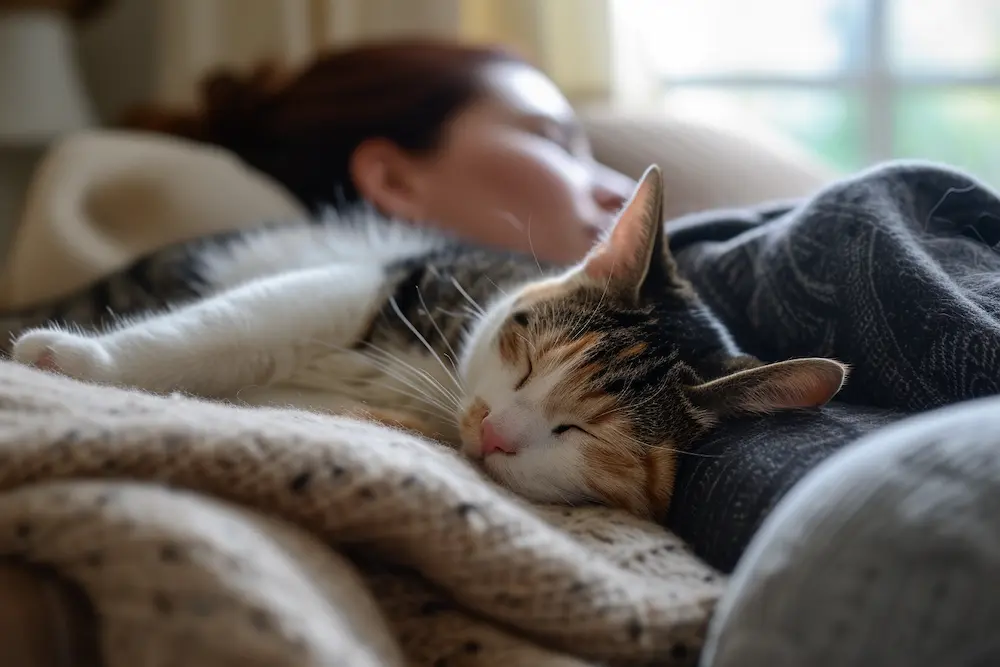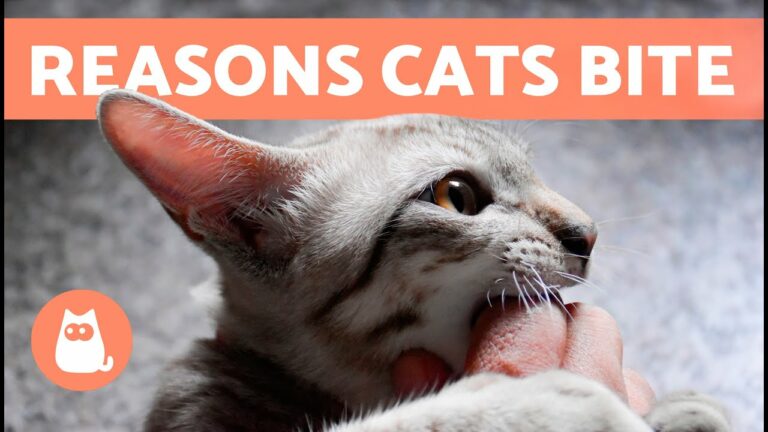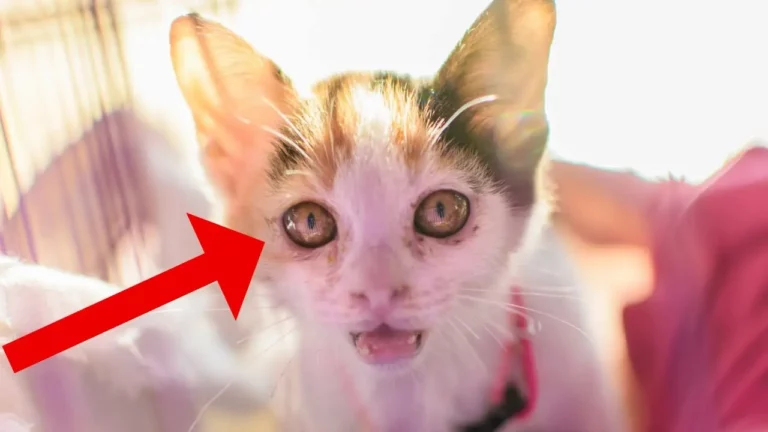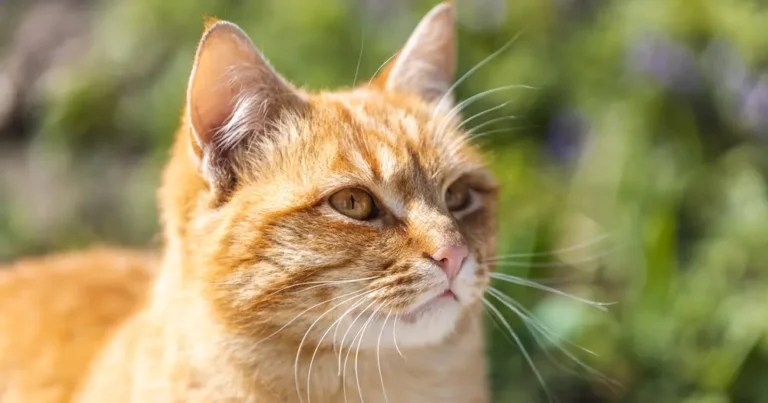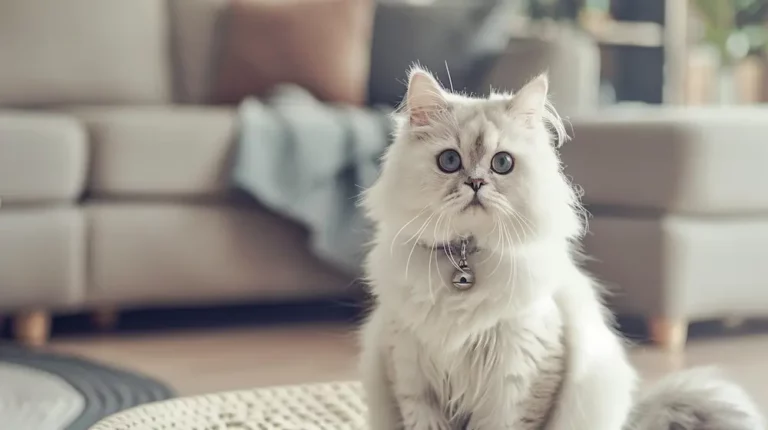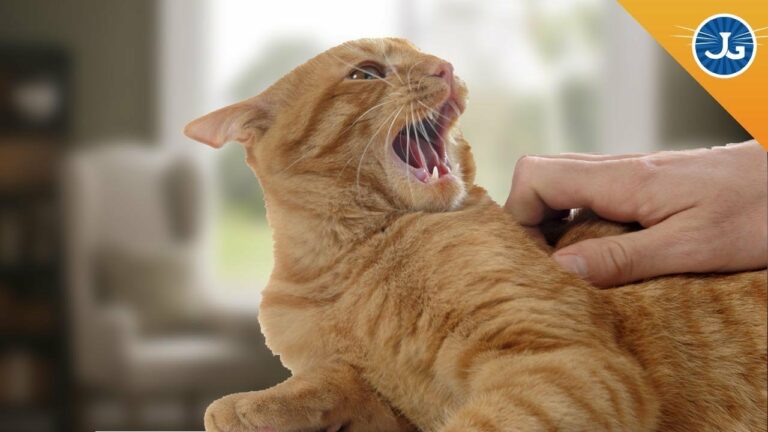Can Your Cat Feel Your Emotions? This Is The Truth About Cat Empathy
Have you ever looked into your
It’s a question that intrigues many pet owners.
Cats are often seen as mysterious and aloof, but beneath that enigmatic exterior, they may be more in tune with our emotions than we realize.
Studies suggest that cats can experience a range of emotions, from happiness to sadness, and everything in between.
Imagine coming home after a tough day; your
This article explores the intriguing area of feline emotions and delves into whether cats can indeed sense and react to the emotional states of their human companions.
You’ll discover not only how deeply cats can feel but also how this understanding can enhance the bond you share with your pet.
Can Cats Sense That You’re Sad?
Certainly, cats exhibit an uncanny ability to detect changes in their owner’s mood, especially sadness.
My own experience underlines this observation — whenever I’ve faced tough days, my
This behavior is less about their understanding of sadness as a concept, and more about recognizing behavioral cues.
Cats respond to human emotional shifts by adapting their behavior.
Many
Indeed, it appears that these small, intuitive actions are rooted in the biological make-up of cats. Research indicates that cats have evolved to become attuned to human emotions and respond by offering their presence as a support mechanism.
For instance, if I begin to withdraw and spend more time sitting quietly, my
It’s as if she senses a shift in my routine and energy levels, prompting her to provide comfort.
Also, if there’s a significant increase in the frequency of my sighs or if my tone of voice changes, my
Besides, the presence of a
The act of stroking a
This biological exchange benefits both the
But, it’s crucial to recognize that while cats can mirror our emotions, unusual behavioral changes in them might signal health issues.
If your
So, while cats often react to our emotional states, their health should remain a priority.
Summarizing, cats not only sense our emotional changes but often react in ways that provide emotional support.
This interaction enhances our bond with them, serving as a reminder of the depth of connection possible with our feline companions.
How Cats Perceive Human Emotions
Cats are incredibly perceptive creatures, especially when it comes to observing and reacting to human emotions.
I’ll investigate into how they can sense our feelings through various cues.
Facial Expressions
Cats are masters at reading facial expressions.
Their acute sensitivity to detecting subtle changes in human faces can tell them a lot about our emotional state.
For example, they can distinguish between a smile and a frown.
When a
On the other hand, a frowning face might signal to the
Voice and Auditory Cues
The tone and pitch of our voice play a crucial role in communicating our emotions to cats.
Cats often respond to their owner’s voice nuances; a calm, gentle tone can reassure them, while a sharp, loud voice may stress them out.
For instance, you might notice your
Conversely, a raised voice may cause your
Behavior and Disposition
Cats also observe and react to human behavior and disposition.
If I’m feeling down, my
This behavior is a response to the emotional atmosphere in the environment.
Cats are known to be particularly responsive when their human exhibits signs of sadness or distress, sometimes sitting quietly nearby or on their lap, which can be incredibly comforting.
Through these observations, it’s evident that cats do more than just hear or see us; they understand and empathize with our emotional states to some extent, making the bond between cats and their owners a truly unique and enriching experience.
Focusing to these cues, I’ve also learned to better appreciate and respond to my
Can Cats Sense Anxiety and Anxiety Attacks?
Research from Animal Cognition highlights that cats are adept at social referencing, which means they actively look to their owners for emotional cues.
This ability enables them to detect shifts in mood and behavior, which may signal an anxiety attack.
Observations reveal that cats often respond to these emotional disturbances by increasing physical contact—such as purring or rubbing against their owners.
Such actions are typically soothing and can significantly alleviate feelings of distress in individuals experiencing anxiety.
For example, when I’m feeling overwhelmed, my
Her presence and the sound of her purring help calm my nerves, illustrating how tactile and auditory feedback from cats can aid in emotional regulation.
Also, studies published in sources like the National Center for Biotechnology Information (NCBI) underscore the physiological basis for cats’ sensitivity to human emotions.
Cats have evolved to recognize human facial expressions, vocal patterns, and body language, which alert them to their owners’ emotional states.
Hence, the connection between cats and their human companions goes beyond mere cohabitation; it’s a dynamic relationship where emotional states are mutually acknowledged and responded to.
This sensitivity not only enhances the owner-pet bond but also endows cats with the ability to offer comfort during times of psychological stress, thereby acting as natural support systems.
Besides, recognizing this trait in cats can be immensely beneficial for individuals suffering from anxiety disorders.
Knowing that your feline friend can detect and react to anxiety may encourage more interactive behaviors between you and your pet, fostering a healing environment in your home.
This understanding can also prompt owners to seek mutual comfort with their cats, thereby enriching the supportive dynamics already present in the relationship.
Do Cats Try To Cheer You Up?
Cats are naturally tuned into their owners’ emotions, often reacting in ways that seem aimed at providing comfort.
When I notice my
Cats possess an innate ability to detect mood shifts, which can lead to actions that mitigate feelings of sadness or anxiety in their human companions.
Cats might increase their physical presence around you when you’re upset.
They might rub against you more frequently or insist on being closer by sitting on your lap or allowing you to hold them.
These are signs your
Hence, understanding these signals is crucial for nurturing the bond between you and your
By recognizing these attempts as efforts to cheer you up, you can appreciate the deep emotional connection cats forge with their owners.
Their subtle ways of showing empathy not only provide practical emotional support but also enrich the living bond of companionship between you and your
Can You Train a Cat to Sense Depression or Anxiety?
Training a
Consistent Training Techniques
To refine a
This can involve associating specific cues or behaviors from the owner with positive reinforcement for the
For instance, if I exhibit signs of sadness or stress, rewarding my
- Positive Reinforcement: Offering treats, petting, or verbal praise when a
cat responds to emotional cues encourages this behavior. - Cue Association: Gradually, introducing specific signals like sitting on the floor or certain verbal cues can help the
cat associate these actions with a required response.
Environmental Conditioning
Creating a supportive environment plays a crucial role in this training process.
Ensure the home setting supports the
This means providing secure resting areas, engaging toys, and perhaps even calming pheromone diffusers to enhance their sense of security.
Regular Practice and Patience
Consistency is key in training cats, as is patience.
Unlike dogs, cats may require more repetitive and gradual training sessions to foster reliable behavioral changes.
Regular, short training sessions that focus on emotional cue recognition can reinforce their ability to sense and respond appropriately to signs of depression or anxiety.
Can Cats Act as Therapy Animals?
Exploring the emotional bond between cats and their owners reveals a fascinating layer of interaction.
Cats not only offer comfort but might also serve as informal therapy animals.
Their ability to tune into our emotional state and provide solace is not just anecdotal but rooted in observable behaviors and trainable traits.
With the right approach and consistent training your feline friend can potentially help manage emotions like depression and anxiety.
This insight opens up exciting possibilities for enhancing the emotional support our pets provide while deepening our connection with them.
